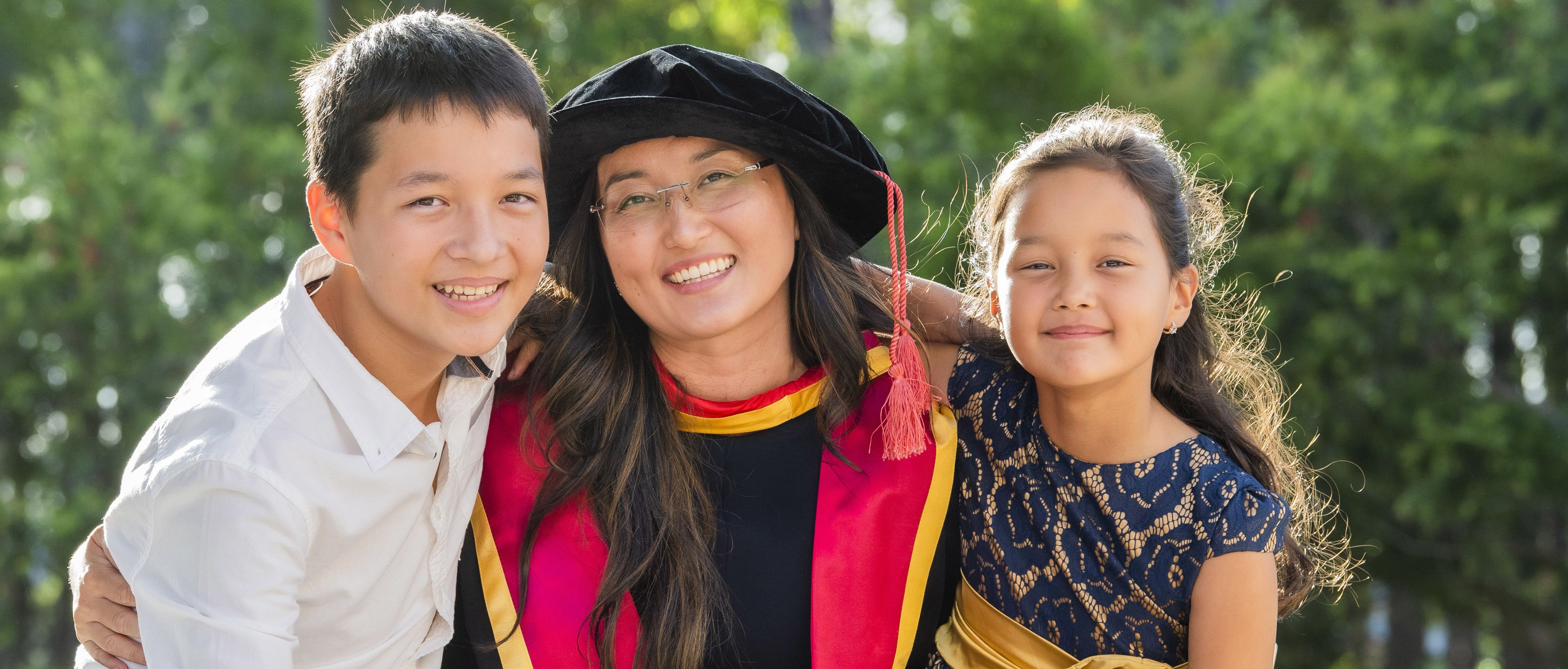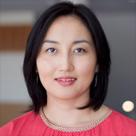Through three lenses
Dr Oyuka Byambasuren was researching COVID-19 when she caught the virus. Years on, she still suffers symptoms
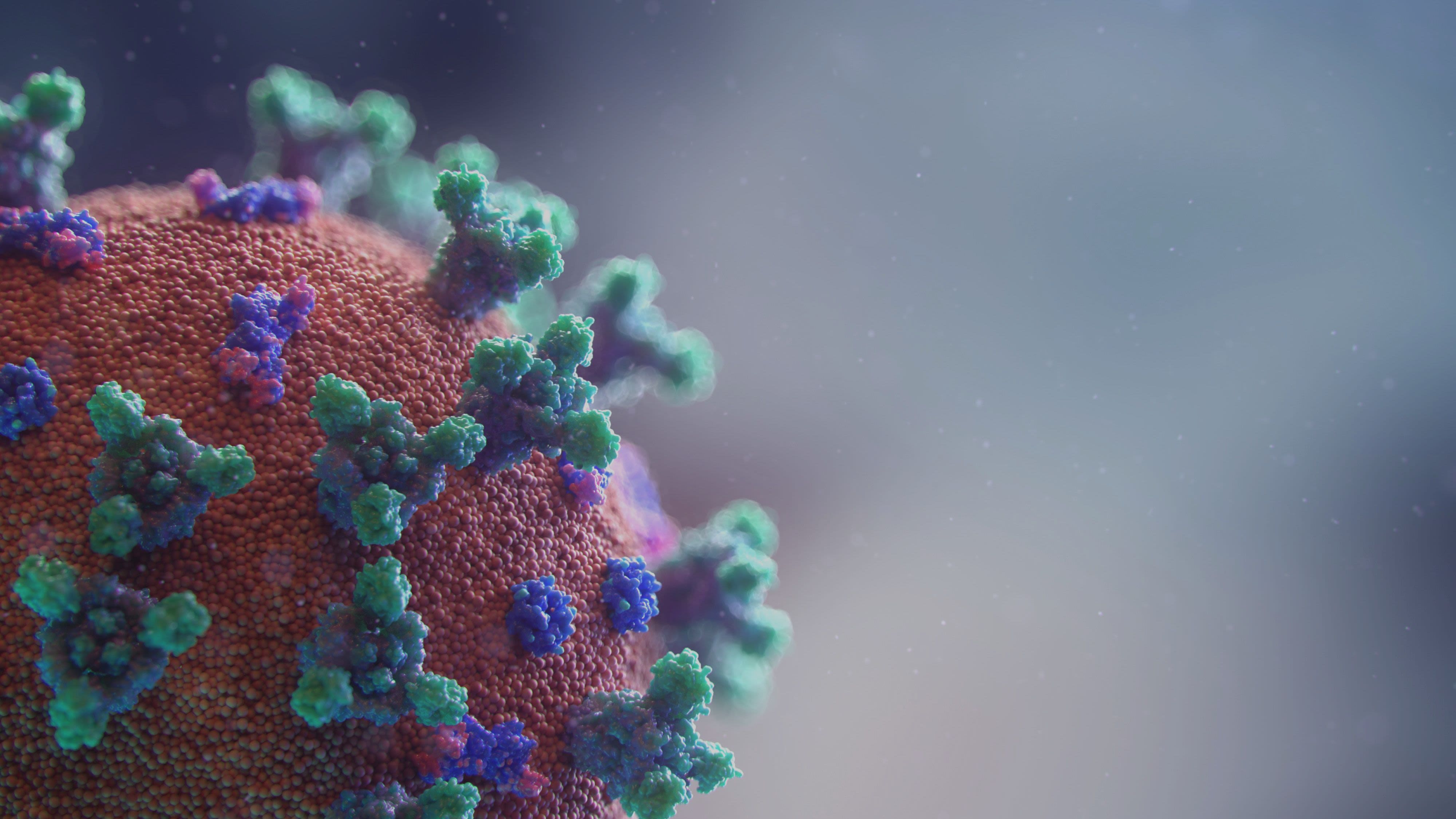
Like many in medical science, when COVID-19 was declared an international pandemic in early 2020, Dr Oyuka Byambasuren wanted to help. The Postdoctoral Research Fellow in Bond's Institute for Evidence-Based Healthcare began studying the acute virus, publishing findings that were extensively covered in the media. In 2022, she contracted COVID herself and began experiencing health issues that remain to this day. We spoke to Dr Byambasuren about her journey as a long COVID patient, medical doctor, and health researcher.
Dr Byambasuren, the long COVID patient
It began with a mild case of COVID-19 in February 2022. Australia was in the grips of its first Omicron wave and Dr Byambasuren’s children brought the variant home from school. They all seemed to recover within a week.
Soon after, Dr Byambasuren began experiencing heart problems, joint pains and chest pains. Her doctors investigated her symptoms but couldn’t find a root cause. She developed further health issues but says she "wasn’t even connecting the dots at that point".
As a researcher, she had been involved in COVID-19 literature from the beginning of the pandemic. Dr Byambasuren was quick to peruse the research studies that began emerging about the long-term health problems that seemed to stem from acute COVID-19 infections.
“As I read further, I realised what I was suffering was most likely due to my COVID infection,” she says. “I began seeing research on the same type of pain and health problems I was experiencing.”
Dr Byambasuren found support and insight when she joined a Facebook group of long COVID sufferers which now has more than 5,000 members.
“For a year, long COVID limited my energy and meant I had no social life,” she says. “I didn’t have enough energy for anything beyond the basic care for my kids and working part-time. But I actually felt lucky compared to many other patients whose symptoms left them bedbound.” Some of the other sufferers Dr Byambasuren connected with were unable to care for their children and lost their jobs.
“Long COVID can be so debilitating that some people can’t even stand up long enough to take a shower without passing out,” she says.
While Dr Byambasuren pored over the thousands of personal stories, public discourse questioned whether long COVID was real, or something patients were making up. “Patients were especially frustrated with disbelief from their primary care doctors,” she says.
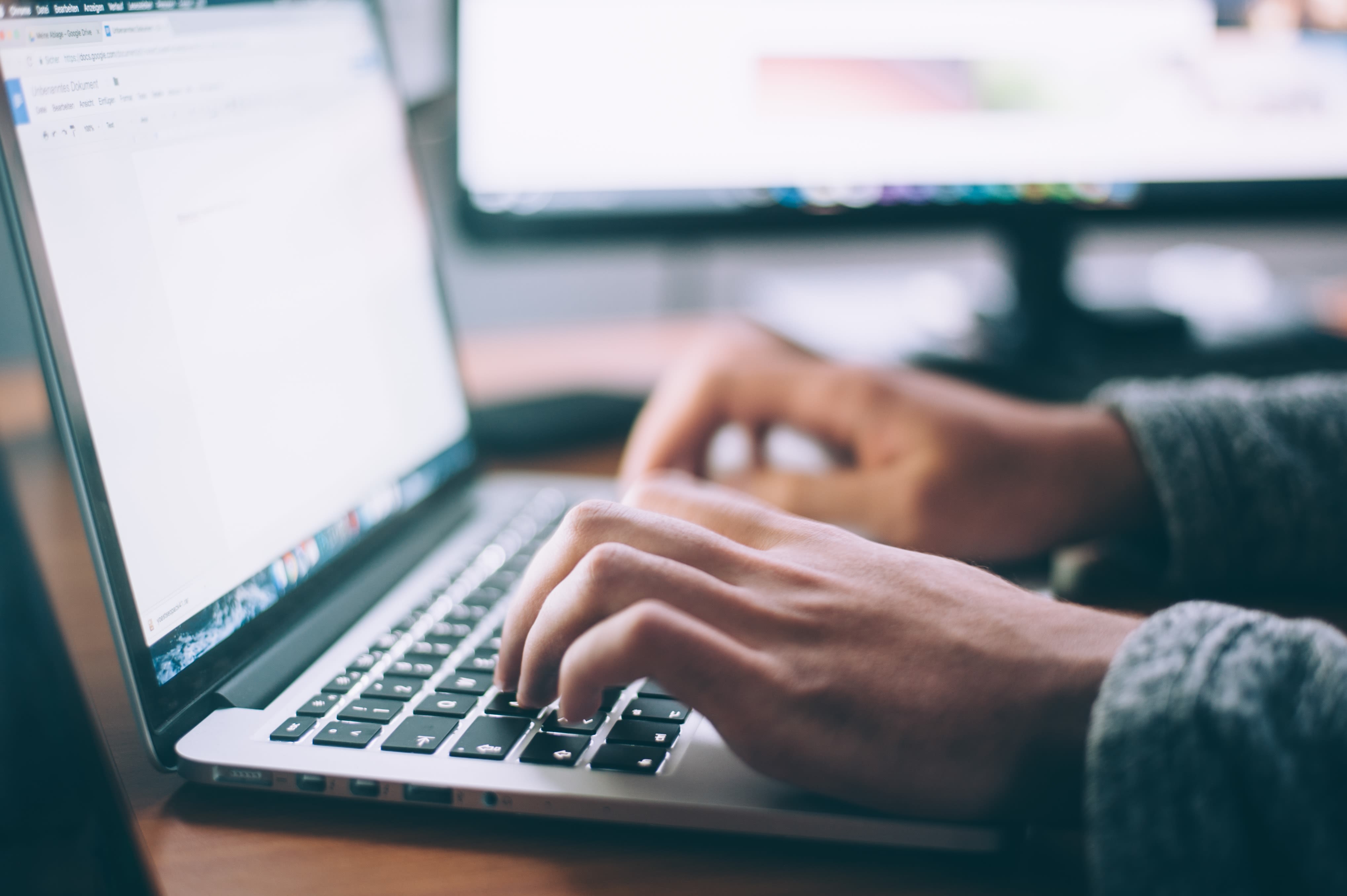
Dr Byambasuren, the medical doctor
As a former general practitioner (GP) herself, Dr Byambasuren is always interested in primary care and works closely with GPs on various research projects. She spoke with GPs about their experience of managing long COVID patients in their practice. The GPs expressed their frustrations about lack of guidance on long COVID management in primary care.
Dr Byambasuren understood why doctors were taking caution when it came to diagnosing or treating a little-known, new condition. But her knowledge of hundreds of patients' experiences meant she was determined to help bridge the gap.
“My GP knows I am a doctor and a researcher so I would bring him research papers and ask to try this or that. He would listen to me but I’m a very unusual patient with extensive research experience in medical literature.”
Dr Byambasuren began working towards recovery but she had great empathy for the others who were unable to advocate for themselves.
“Patients are great teachers and it really hurts me that they feel like they aren't being heard,” she says.“I want GPs to be informed and educated about long COVID. I want there to be clear recommendations and guidelines on how to manage these patients. And I want to do research that contributes to this solution."
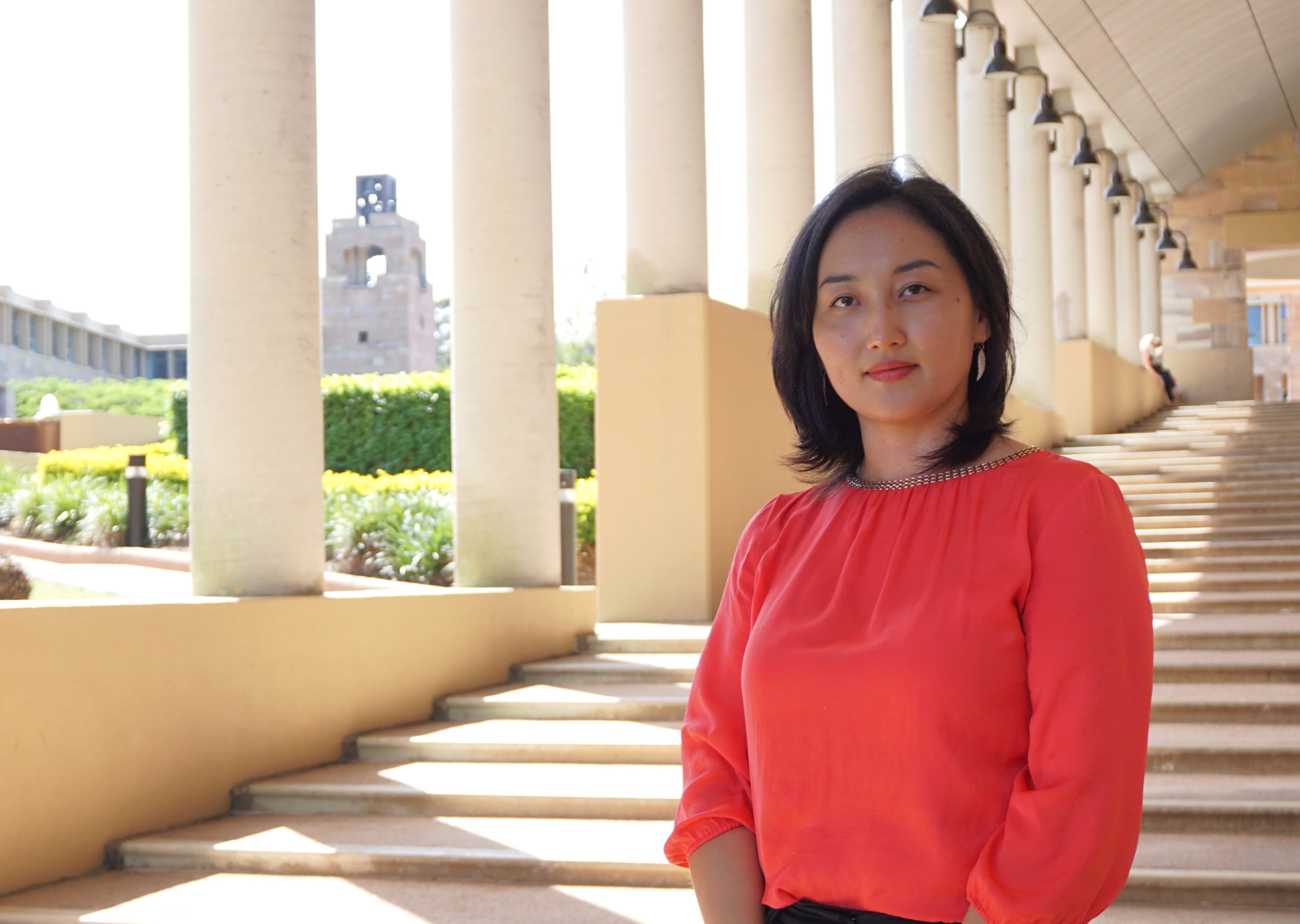
Dr Byambasuren, the researcher
By the time Dr Byambasuren contracted Omicron she had already published several research papers on COVID-19, including a highly impactful systematic review into the extent of asymptomatic cases. That research was picked up by 83 news outlets and downloaded close to 50,000 times.
“Experiencing long COVID myself added fuel and passion to my research,” she says.
Australian Minister for Health and Aged Care Mark Butler announced an inquiry into long COVID in September 2022. Patients from the Facebook support group Dr Byambasuren joined lodged submissions with accounts of their experience and Dr Byambasuren lodged her research on the impacts of the vaccine and long COVID. As a result of the inquiry, Minister Butler realised the significant issues facing healthcare in Australia. He announced the government would provide $50 million for research into long COVID.
“I applied for one of the grants that became available, to identify effective treatments for long COVID, and I got it,” she says. “It’s now a collaboration between Bond University, the University of Melbourne and the Burnet Institute to create a national plan to identify the best possible treatments.”
Dr Byambasuren is optimistic the collaboration of researchers will receive further funding to conduct trials next year.
Oyuka Byambasuren with her children Tengis and Gerel when she graduated with her PhD at Bond in 2021.
Oyuka Byambasuren with her children Tengis and Gerel when she graduated with her PhD at Bond in 2021.
As Dr Byambasuren sat down to share her story more than two years after her initial infection, she was still experiencing many symptoms. She uses multiple medications to manage them but she is hopeful better solutions are on the horizon. She knows there are many brilliant professionals from diverse backgrounds including GPs, allied health practitioners, specialists, and researchers who are working in solutions.
“My ultimate goal is to contribute everything I can to advance long COVID research in Australia and help find answers for thousands of patients who are waiting for hope and treatments.”
Original thinking direct to your inbox

Stories from Bond
